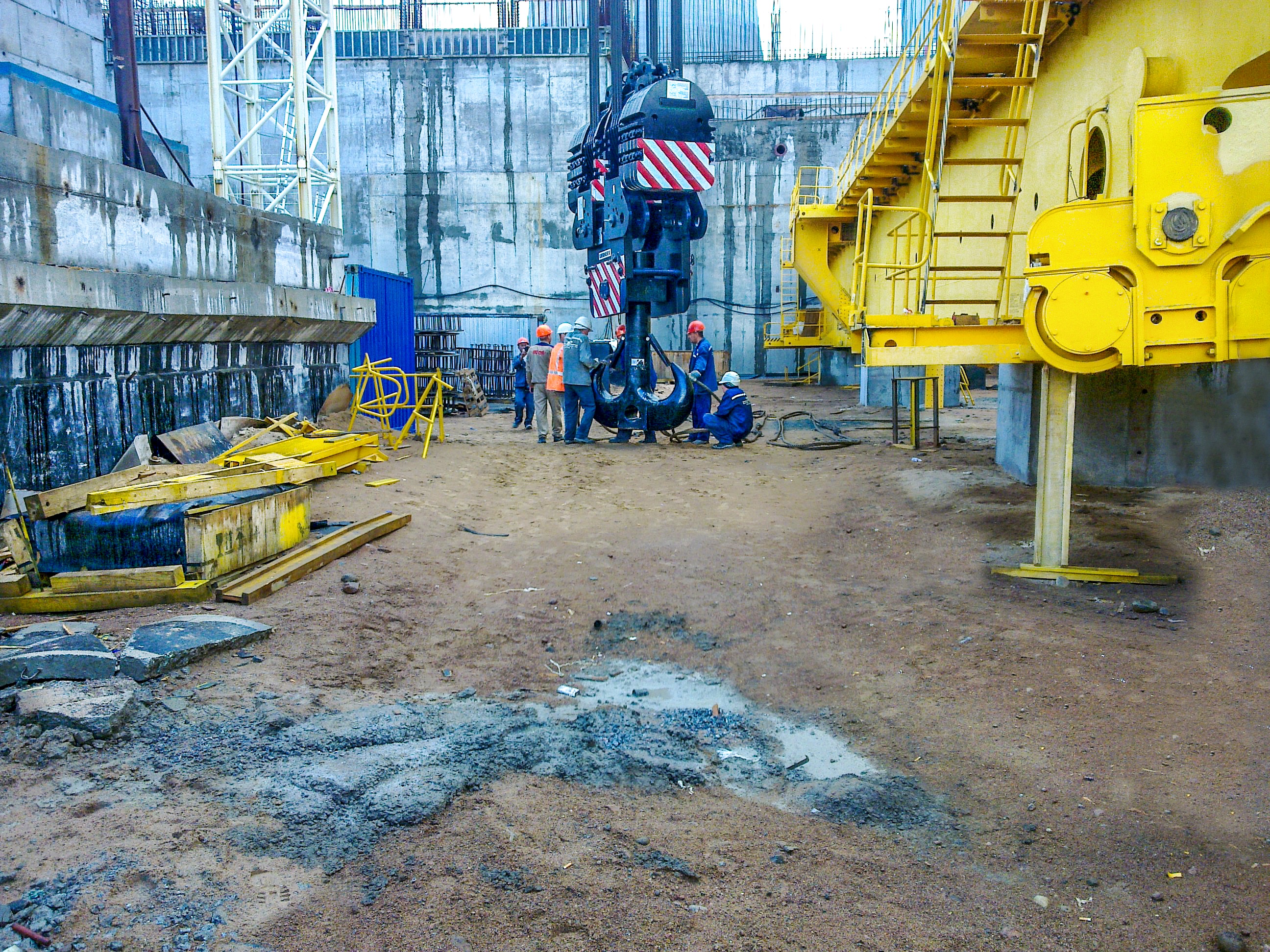
ISO 14000 is a series of international standards for environmental management formulated by technical committee 207 (TC207) of international organization for Standardization (ISO) since 1993. It includes environmental management system (EMS), environmental management system audit (EA), environmental labeling (EL) life cycle assessment (LCA), environmental performance assessment (EPE), terms and definitions (T & D) and other international environmental management fields The focus of research and practice is to provide governments and organizations with a unified and consistent environmental management system, international standards for products and strict and standardized auditing and certification methods.
The implementation of ISO14001 standard is to save energy, reduce consumption, turn waste into treasure, reduce environmental protection expenditure and reduce cost. Through the establishment and implementation of environmental management system, it can reduce the generation and discharge of pollutants, promote the recycling of waste, save energy, save raw materials, avoid fines and pollution charges, thus reducing costs.
Many countries clearly stipulate that the enterprises that produce products should pass ISO14001 certification, and failure to pass ISO14001 certification has become a technical obstacle for enterprises to strive for greater market share at home and carry out international trade. Therefore, only by implementing ISO14001 environmental management system, can enterprises better occupy domestic and foreign markets by improving their comprehensive management level, improving their corporate image and reducing their environmental risks Market.
Enterprises need to pass the ISO14001 standard certification for benign and long-term development, which can effectively promote the coordinated and sustainable development of the enterprise environment and economy, and make the enterprise move towards the road of benign and long-term development. It is the need of fulfilling social responsibility that the current environmental pollution has caused great threat to human survival and attracted the attention of all countries in the world. It is the responsibility of the whole society to protect the environment on which human beings live. Every enterprise has the responsibility to make efforts to minimize the environmental impact. It can reduce the environmental risks caused by pollution accidents or violation of laws and regulations. Increase enterprises' access to preferential credit and insurance policies.
The ISO 14000 series of standards is a set of management standards in the final analysis. It is the crystallization of environmental management experience of industrial developed countries. When formulating national standards, the situations of different countries are taken into account to make the standards as common as possible

1. Applicable to enterprises in all walks of life
2. The system operation shall not be less than three months;
3. Companies required to obtain ISO14001 certification and registration must have at least 3 consecutive months of management system records, including complete records of internal review and management review.

1. Business license and organization code certificate (within the validity period)
2. Other valid qualification certificates (product production license, pollution discharge license, etc., when applicable)
3. Company profile
4. Organization chart
5. Product process flow chart
6. Plant area plan (including: pollutant discharge point distribution map);
7. Reply to EIA report / report form / registration form
8. Reply to EIA completion acceptance report
9. Recent "environmental pollutants" test report (within the past year)
10. Environmental compliance certificate or self declaration
11. Fire control acceptance or inspection certificate
12. List of important environmental factors;
13. List of applicable laws and regulations (name, number and effective version)

1. Certification application
2. Contract review
3. Sign certification contract
4. Develop audit plan
5. Establishment of audit team: preparation of audit plan
6. On site implementation audit
7. Closed loop verification of nonconformities
8. Review and certification decision
9. Issue certificate
10. Post certification authority

1. Set up the corporate image and improve the popularity of the enterprise
2. Promote enterprises to consciously abide by environmental laws and regulations
3. Promote the enterprise to consider its impact on the environment in its production and operation activities, and reduce the environmental load
4. Enable enterprises to obtain the "green pass" to enter the international market
5. Enhance the environmental awareness of employees
6. Promote enterprises to save energy, recycle waste and reduce operating costs
7. Promote enterprises to strengthen environmental management
Service support
Business line: 021-33281036
Market part: 021-64090330, transfer to 801
Mobile: 18601799562
Wechat: 18601799562
Service email: yy@shatc.group
Recommend
Relevant industry recommendation
Brand evaluation and
certificationof commercial
enterprises

Assessment System of
Property Management
Services

Vehicle maintenance
service certificatio

Enterprise Standard System

Evaluation of
enterprise standardization
wor

Index of enterprise credit
evaluation

Corporate credit
management system
certification

Quality Management
System for Construct

Evaluation system of
merchandise after
sale servic

Electrostatic discharge
control management
system

Hazardous substance
process management
system

Social responsibility
management system

Medical device quality
management system

Welding quality system
certification

Evaluation of integrated
management system

Measurement test

Occupational health
and safety management
system

Environmental
management system

Quality management system